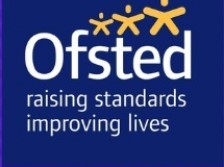Programs
Helpful Links
Get in touch
Location
LU2 9EE, Luton, Luton, England, United Kingdom
Email us
Info@betiquettelearning.com
07588736662
Copyright © 2023 Be Etiquette Learning, All rights reserved.


